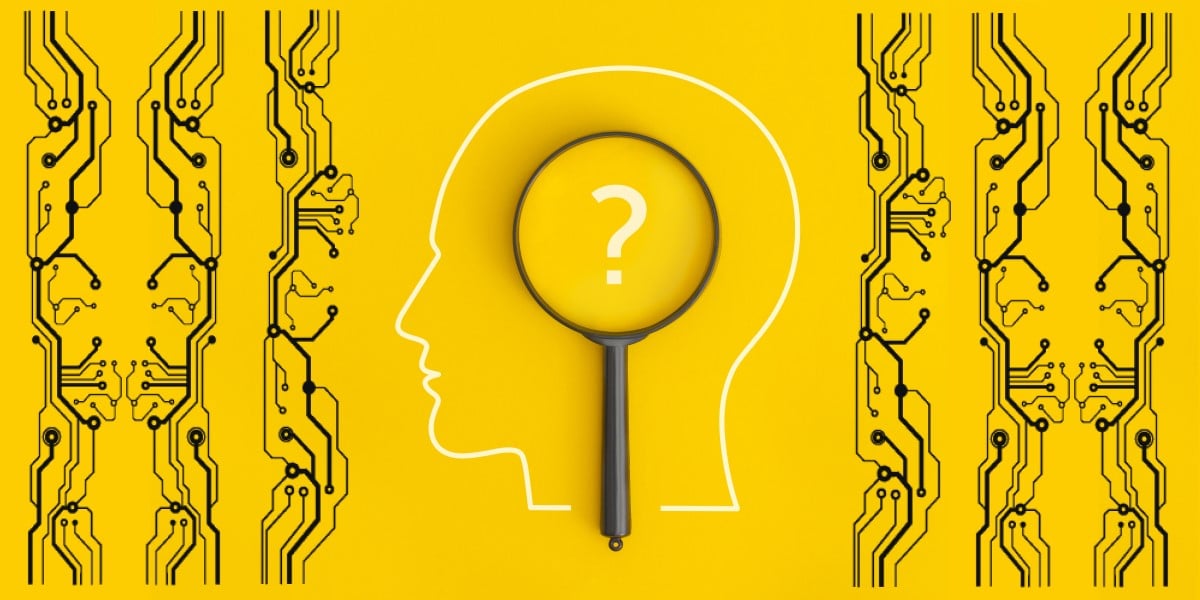
The Internet Research Task Force has published a Request For Comments document its authors hope will mean developers of comms protocols and architectures consider the human rights implications of their efforts. RFC 9620 – titled "Guidelines for Human Rights Protocol and Architecture Considerations" – is merely informational. It's not a standard, nor is it on track to become one.
It "outlines a set of human rights protocol considerations for protocol developers" and "provides questions that engineers should ask themselves when developing or improving protocols if they want to understand how their decisions can potentially influence the exercise of human rights on the internet." The document explains the need for its existence as follows: Protocols and standards may harm or enable the right to freedom of expression; right to freedom of information; right to non-discrimination; right to equal protection; right to participate in cultural life, arts, and science; right to freedom of assembly and association; right to privacy; and right to security. An end user who is denied access to certain services or content may be unable to disclose vital information about the malpractices of a government or other authority.

A person whose communications are monitored may be prevented or dissuaded from exercising their right to freedom of association or participate in political processes. In a worst-case scenario, protocols that leak information can lead to physical danger. A realistic example to consider is when individuals perceived as threats to the state are subjected to torture, extra-judicial killing, or detention on the basis of information gathered by state agencies through the monitoring of network traffic.
The document suggests human rights reviews be conducted during development of a draft standard. Among the ideas to consider when conducting such reviews are: Other matters are a little more anodyne – such as ensuring work conforms to security-related standards, doesn't rely on proprietary tech and would therefore be hard to extend, and allows confirmation of the truth of an attribute of a single piece of data or entity. Why is this sort of document needed, beyond being a useful prompt? One answer is that some developers of protocols have included tech that makes human rights abuses possible.
The "New IP" proposal developed by Huawei and backed by other Chinese tech giants suggested a revised Internet Protocol that the Internet Society noted was designed to enable development of a "tactile internet" and holographic communications. But analysts from Chatham House, the Oxford Information Labs and the Oxford Internet Institute opined that New IP "would enable mass surveillance and erode anonymity online [and] interfere with the right to privacy, freedom of expression and opinion, freedom of association and assembly of network users." Those outcomes wouldn't be universal: China favors a "ManyNets" approach to global internetworking – in which nations can run their local internet according to their own rules that still allow interoperability with other networks.
But the mere existence of New IP worries some who imagine it could be adopted beyond China, spreading Beijing's values to other nations. Russia likes the idea: in 2022 it backed a candidate for the post of secretary-general at the International Telecommunication Union who backed China's thinking. An RFC won't stop Russia or China from trying to embed their values in standards and protocols.
But this document may at least help some developers to think beyond the technical as they work. ®.














